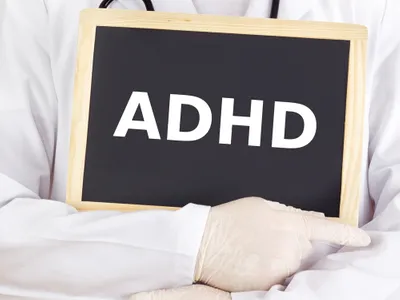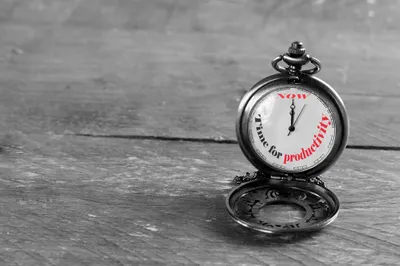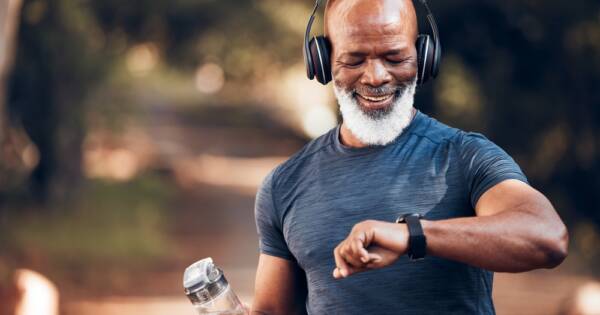With life’s many distractions—such as text messages, social media, office deadlines and multitasking—it’s easy for your mind to become used to jumping between thoughts quickly. The problem is, when it comes to completing a task that requires deeper concentration, you may find you lack the attention span to stay on task and get it done on time.
In fact, experts are now saying our attention span is eight seconds thanks to electronic gadgets, which adds up to less attention span than a goldfish! A recent article in the Huffington Post points out that a whole new generation is growing up with a possible attention deficit, and that social media and texting could be lowering cognitive and social skills. Here are 5 ways to combat this and keep your mind focused on one thing at a time…
1. Exercise your Body and Feed your Brain
Exercising your body will also benefit your brain, noted Physchology Today. Living a healthy lifestyle that involves regular physical activity coupled with healthy and nutritious food (and avoiding alcohol and nicotine) will send more blood and oxygen to the brain, which will in turn increase mental capacity.
The same Psychology Today article also notes an added bonus to exercise—it increases “feel good” endorphins that help prevent depression, a mental condition which can cause a decreased attention span and higher risk for Alzheimer’s disease.
2. Practice Mindfulness Meditation
The New York Times touted meditation as a way to improve your brain in a 2012 column, and said it’s more about improving your concentration than spirituality practices. Even though the practice of meditation has Buddhist and Hindu roots, it’s not just about reaching a higher level of being. It’s actually about quieting your mind so you’re not having multiple thoughts that cancel each other out; meditation allows you to focus on one thing at a time.
Concentration is also about being in the present, noted the NY Times column. Distractions come from thinking ahead to the next task or thinking about things we’ve already completed. The column also refers to a 2012 study that says subjects that took mindfulness training handled a stressful list of office tasks with less anxiety and negative emotions. They were also able to remain focused on each task longer, until completion.
3. Use Medication to Balance the Brain
ADHD (Attention Deficit Hyperactivity Disorder) is commonly thought to be a childhood-only problem, but it’s also a mental condition in many adults that causes difficulty concentrating and as a result leads to impulsive behavior. The Mayo Clinic claims that ADHD is also linked to substance abuse, as well as anxiety and depression disorders in adults.
The Mayo Clinic notes that ADHD in adults can cause problems in all areas of an adult’s life, including relationships and careers. However, it notes that along with psychotherapy, there are stimulant medications (including Ritalin used for children) that can get help balance your brain, as well as antidepressants that can also be effective, noted the clinic. While it might seem counterintuitive to take a stimulant for hyperactivity, the drugs actually address a lack of activity in key parts of the brain.
4. Play Games with your Brain
Learning how to concentrate more effectively can be fun, and there are many online games these days to help you boost your brain. These countless online sites are easily found by doing a search, and are also often free. They usually require you to solve problems and riddles or use your memory to succeed, which in turn lead you to pay more attention to get the rewards.
Brain games are great because you can compete with another for high scores, or just work to best your own scores, and you’ll enjoy it so much that you won’t even notice you’re improving your concentration in other areas of your life. One of the factors leading to decreased attention spans is a lack of dopamine levels in the brain, which is increased when there’s a reward involved—like a shiny trophy made of pixels!
5. Determine your ‘Prime Hours’
It’s not reasonable to expect you’ll be able to concentrate at the same level at all times of the day, but Time Magazine suggests one to optimize your attention span is to determine what your “prime hours” are when you feel most energized. Having a block of time to complete a task doesn’t necessarily mean you’ll do more—it’s all about how productive you feel during that time.
Determine if you think most clearly in the morning, afternoon or evening, and do assignments that require your fullest attention during those times. It doesn’t mean concentrating for 3-hours straight; you are still encouraged to take mini-breaks during your most productive cycles so your mind has a chance to refresh.








